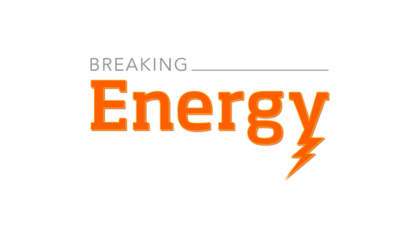
Energy issues aren’t popping up much yet in election year discussions and debates, but if the American Petroleum Institute gets its way, they will be.
API President and CEO Jack Gerard told a luncheon in Washington, DC Wednesday that the oil and gas lobby is launching a nationwide “conversation with the American people” called “Vote for Energy.”
Gerard said the campaign is associated with no party and will endorse no candidates, but will tell voters what is at stake on energy issues and what policies they should look for from candidates.
He said API will spend “significant” amounts on the campaign.
The campaign will say that opening government lands to private energy producers could create over a million jobs, send billions in revenue to the Treasury, and make the nation energy secure.
The oil and gas industry now provides 9.2 million jobs and contributes $86 million a day to the Treasury, he said, and “could do much more” as well as be “a tremendous catalyst for economic growth.”
Giving the industry access to federal reserves, both on and off shore, that are now off-limits could mean that the nation could import only from Canada by 2030, Gerard said, making the US “self-sufficient … by and large.”
Number one on the API’s agenda, according to Gerard, is getting approval of TransCanada’s application to build the Keystone XL pipeline through the Midwest from Canada’s Alberta oil sands to a pipeline hub in Oklahoma.
In the late December tax cut extension bill, Congress ordered President Barack Obama to decide on the project within 60 days. Obama had delayed a national interest finding in November, citing strong objections to the proposed route through environmentally fragile Sand Hills from Nebraska’s Republican governor and legislature.
TransCanada quickly offered to reroute the line, winning state backing, but the project still faces militant opposition from environmentalists opposed to water and air pollution from oil sands mining.
Gerard said the only question before Obama is whether the project is in the national interest, and warned denial would carry “huge political consequences.” He said API has teamed with 15 unions that support the project, which Gerard said would create 20,000 American jobs.
The Keystone decision “is about as bright a line as it gets,” he said. He said Obama can make the national interest finding and Nebraska can still negotiate further on the route.
Opponents, he said, include “a vocal minority” who don’t want any oil and gas development, a view he termed “disconnected from current economic and energy reality.” He cited international studies projecting continued need for more fossil fuels, even as renewables use increases.
Asked what off-limits areas the industry would like to explore, Gerard pointed to Virginia, where a Republican governor and legislature and Democratic state senators all agree off-shore areas should be opened. Obama initially planned to open the area but withdrew Atlantic outer continental shelf areas after the BP Deepwater Horizon disaster in the Gulf of Mexico.
Gerard noted Chinese oil companies seeking out and buying into oil and gas resources worldwide in order to “secure their energy future.” He said, “We need to do the same,” and develop our own resources “so we’re not beholden to other nations.”
Photo Caption: American Petroleum Institute President and CEO Jack Gerard delivers remarks on the state of American Energy at the Newseum in Washington, DC, January 4, 2011.
